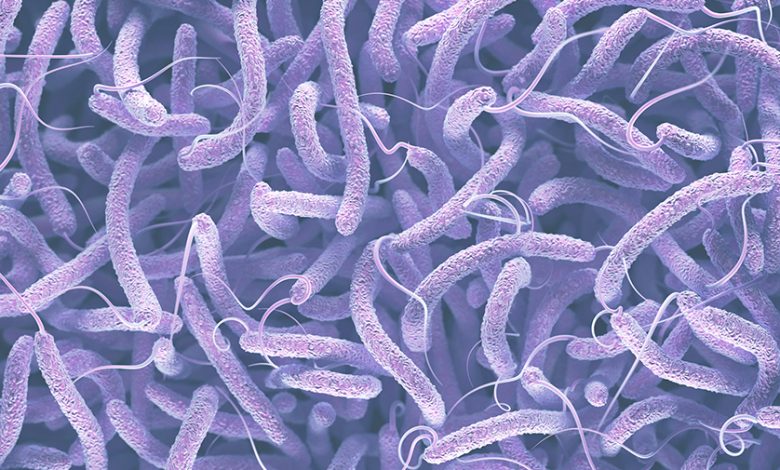Lagos government at alert as Cholera kills five in 48 hours, issues guidelines

The Lagos State Government has called for heightened vigilance and precautionary measures following the death of five people from a suspected cholera outbreak within 48 hours.
According to a statement on Tuesday, the Lagos State Commissioner for Health, Akin Abayomi, revealed that severe cases of gastroenteritis have been reported in communities around Eti Osa, Lagos Island, Ikorodu, and Kosofe LGAs.
Abayomi said the outbreak has resulted in about 60 hospital admissions, adding that the fatalities were mainly from patients with extreme dehydration who arrived at the hospital late.
The commissioner noted that following recent rains, Lagos State has recorded an increase in cases of severe vomiting and watery stools, adding that urban slums and crowded areas with poor sanitation are particularly at risk.
“We have activated a statewide heightened surveillance and response. The Ministry of Health Directorate of Environmental Health and the Lagos State Environmental Protection Agency (LASEPA) have been alerted to investigate a possible water contamination source in the Lekki Victoria Island axis,” the statement read.
As of April 28, 2024, data from the Nigeria Centre for Disease Control (NCDC) shows that Nigeria has recorded 815 suspected cholera cases and 14 deaths across 25 states.
Abayomi explained that cholera is a highly contagious disease that causes severe diarrhea and can be life-threatening, adding that it poses a significant health burden in areas with poor water treatment and sanitation.
“Cholera spreads through direct transmission by eating or drinking contaminated food or water and indirect transmission due to poor sanitation and lack of handwashing.
“Symptoms of cholera include severe watery diarrhea, vomiting, rapid dehydration, muscle cramps, fever, and sometimes collapse,” he noted.
He highlighted the treatment options for cholera, including rehydration using Oral Rehydration Salts (ORS) for mild to moderate dehydration, adding that intravenous fluid is used for severely dehydrated patients and given only in medical facilities and supervised by medical personnel.
“To prevent cholera, citizens are urged to ensure safe drinking water by boiling, chlorinating, or using bottled water and avoiding ice products made from untreated water. Maintaining proper sanitation by using toilets, safely disposing of feces, and avoiding open defecation is crucial.
“Practicing good hygiene, such as washing hands with soap and clean water regularly





